I spent this week chatting online with French film-maker, publisher and historian Rene Vienet, who began his two decades of involvement with Taiwan’s nuclear power program in the late 1970s as the representative for the French nuclear firm Cogema (today known as Orano).
We discussed his work in Taiwan over the years, and the tough decisions involving spent nuclear fuel currently facing Taiwan’s policymakers. The second part of the interview will appear on March 22. The interview has been condensed and edited for clarity.
Michael Turton: You got in touch with me to discuss the problem of Taiwan’s spent nuclear fuel. Why does this concern you so deeply?
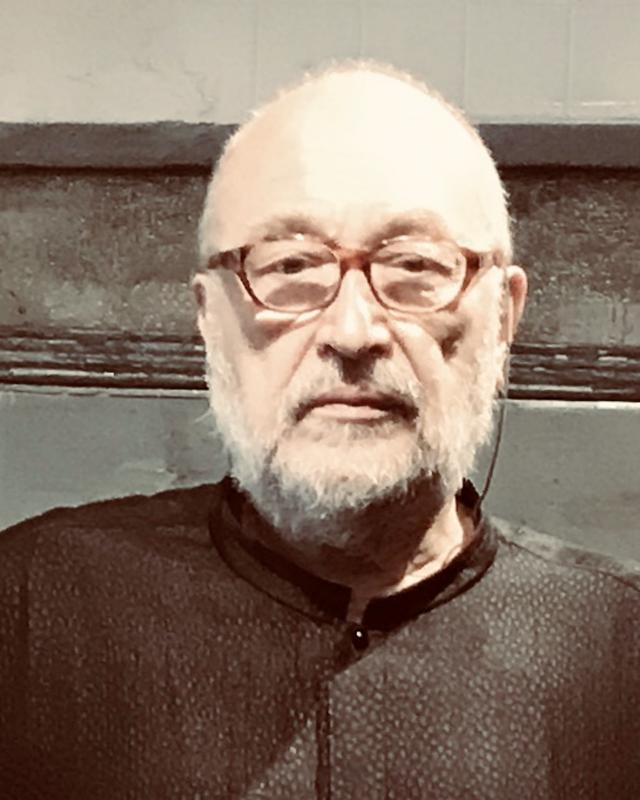
Photo: Michael Turton
Rene Vienet: As the negotiator in Taipei of the French supply to Taiwan Power Company of enriched uranium, I was the main messenger of France’s commitment that the recycling option for spent nuclear fuel would be open, once [Taipei] decided for it. To say the least, I was frustrated when certain French bureaucrats, by 2000, had achieved to derail this plan, for very bad reasons. Since then, I have penned a lengthy article [archive.org/details/taiwan-nucler-spent-fuel-20200320] on this topic to put the record straight.
Personally, I am not comfortable with my Taiwanese family, and millions of other people, living near the four over-saturated reactor pools at the Jinshan and Guosheng nuclear power plants. These pools were never designed for long term storage. They are transfer pools intended for a few years cooling of the spent fuel before it is taken away. Spent fuel overstaying in over-saturated reactor transfer pools is not a reasonable strategy. Can the [Democratic Progressive Party] DPP government solve, in a smart way, the disputed issue of Taiwan’s spent fuel disposal, far away from Jinshan and Guosheng?
MT: Why France? How did the idea of recycling spent fuel in France originate?
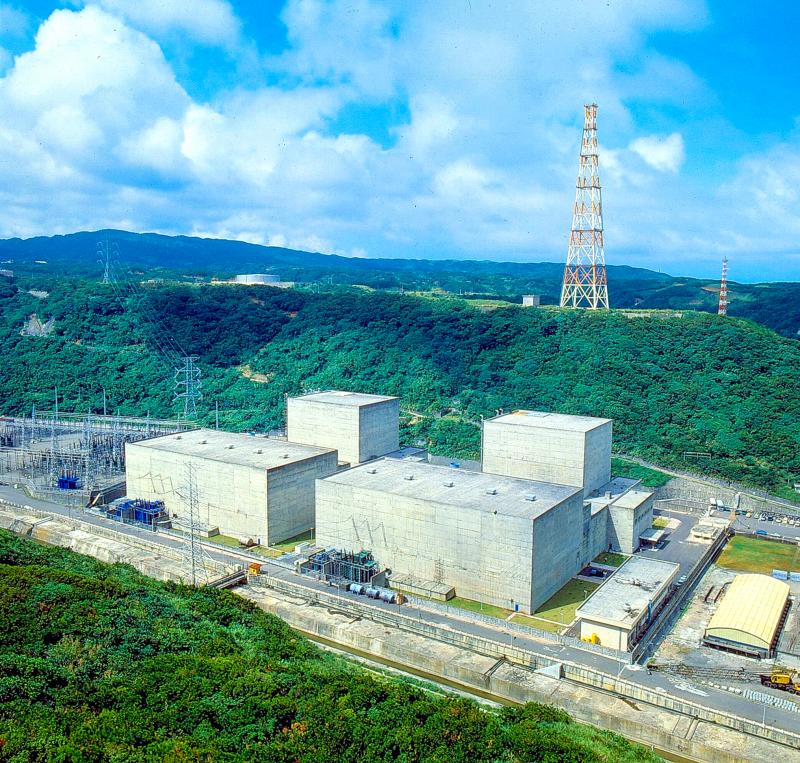
Photo courtesy of Taipower
RV: It all began with the visit of [former finance minister and then-minister without portfolio] Li Kwoh-ting (李國鼎) to the La Hague Nuclear Recycling and Reprocessing Plant in 1981 and his decision to approve the procurement of a huge amount of enriched uranium from France.
Dr Li was very impressed by the La Hague plant and, with the idea in mind of later recycling Taiwan’s spent fuel in France, he consented that Taipower [Taiwan Power Co] sign for a huge enriched uranium contract in 1982: a 20-year supply contract for one third of the needs of Taiwan’s six existing nuclear reactors (and the next two ones, then postponed but still in project). Banque [BNP] Paribas, of which I was also the delegate, arranged the financing with the explicit support of the French Ministry of Finance. The contract, which I initialed on Bastille Day, July 14th, 1982, in fact lasted until 2013.
MT: All the reactors in Taiwan at that time were American-built. Was the US involved in this at all?
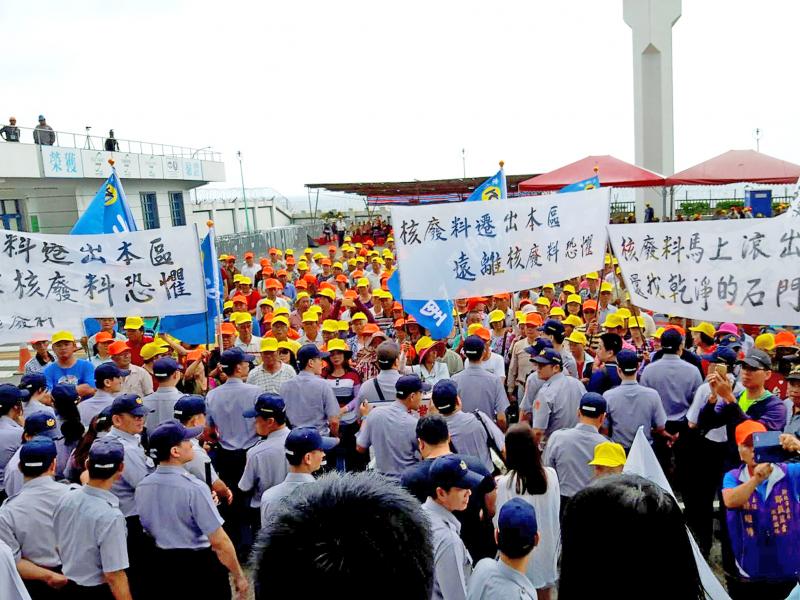
Photo provided by a reader
RV: I was a young delegate of the recently established Cogema [today known as Orano] corporation, and the older Paribas Bank. I followed the advice of my friend Mark Pratt, then the number two official at the American Institute in Taiwan (AIT), who in many ways was my coach for this fine-tuned development of French nuclear fuel industry in Taiwan.
As you know, besides the AIEA’s [International Atomic Energy Agency] own controls, the country of origin of nuclear reactors has the obligation of control over the spent nuclear fuel. This is another safeguard against nuclear proliferation. As the six reactors in operation in Taiwan by then were American, Washington had full control over all Taiwan’s spent fuel (whatever the origin of imported fresh fuel).
MT: So Washington was in on it from the start.
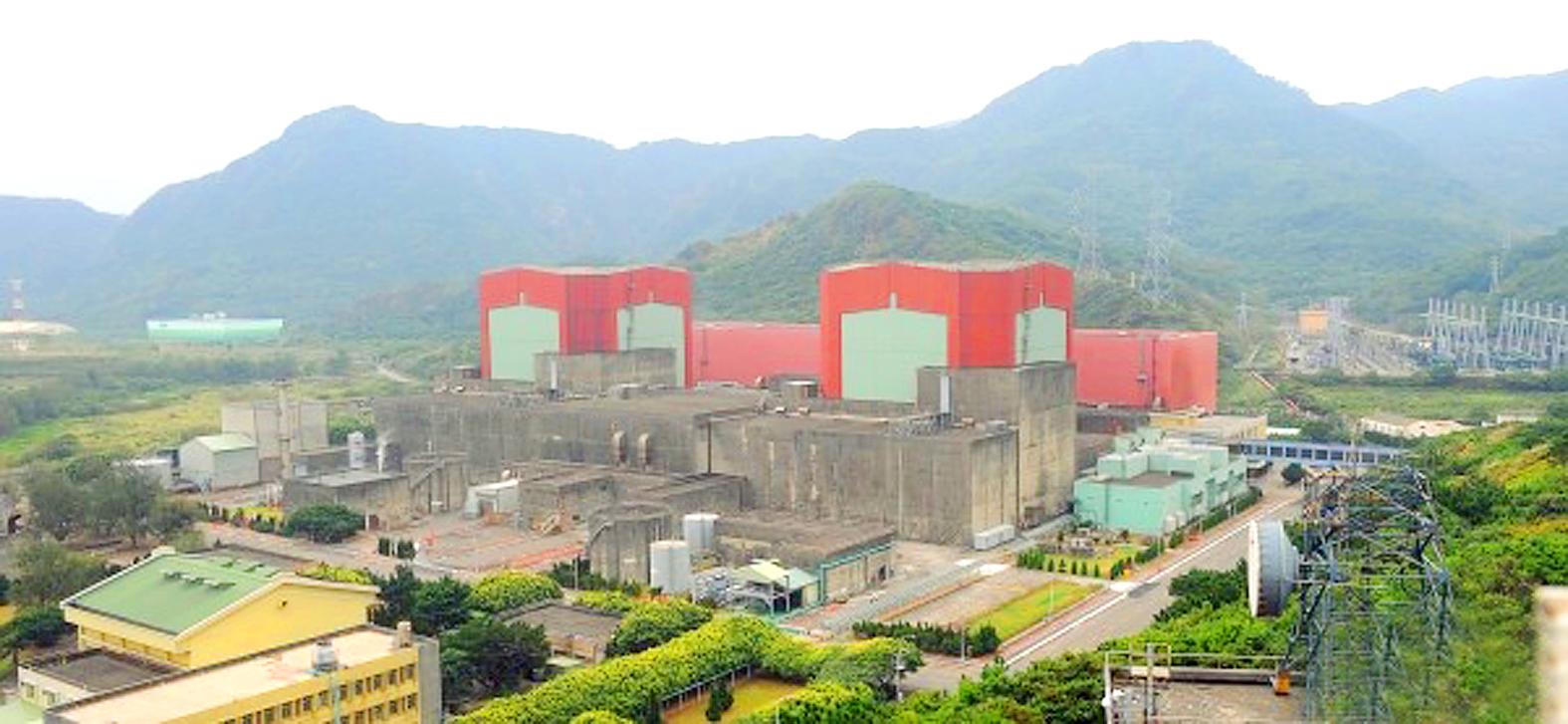
Photo: Lin Hsin-han, Taipei Times
RV: Yes. Mark agreed that the best possible ultimate fate for Taiwan’s spent fuel would be reprocessing in France, leaving no plutonium in Taiwan. He offered me two further tips. First, always arrange a visit to La Hague when escorting Taiwanese visitors to the Eurodif [European Gaseous Diffusion Uranium Enrichment Consortium, a subsidiary of Orano] enrichment facility. Then, never forget that Dr Li, with his broad overview on energy and technology and economy, would be the ultimate decision-maker.
Dr Li was a smart, swift and easy-to-access statesman. Our dialogue was simple and friendly. We met, without protocol, usually in one of his downtown offices, sometimes also in his Minister of State office within the PM compound
Ever since, Washington has always demonstrated goodwill for Taiwan’s spent fuel to be recycled in France.
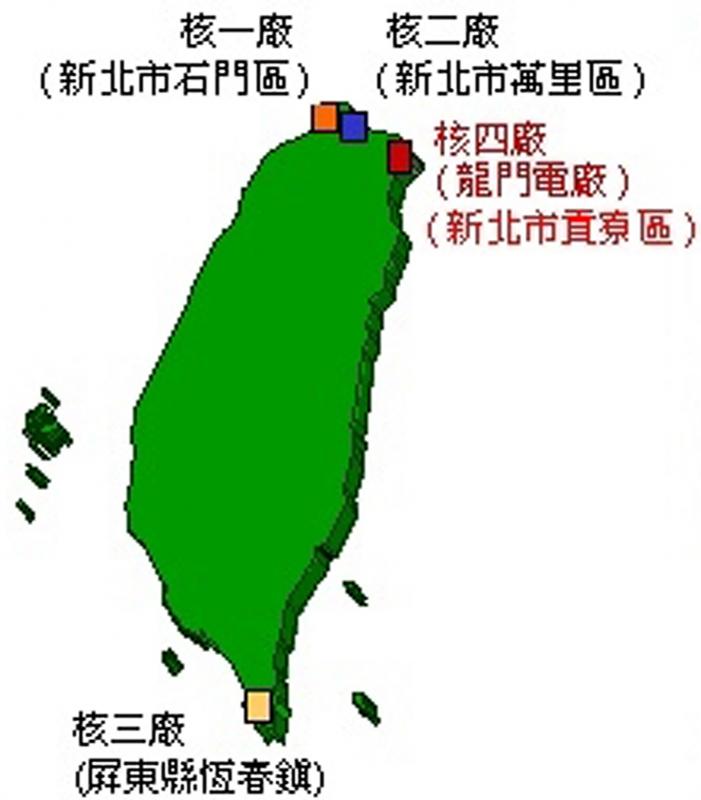
Photo Courtesy of the Atomic Energy Council
MT: Did you also work with the dangwai (黨外, “outside the party”) during this period?
RV: Yes. Dr Fredrick Chien (錢復), then in charge of foreign affairs, reminded me that Taiwan’s path to democracy implied that dangwai personalities should share correct and valuable information on long term energy issues. So, again, Mark introduced me, during the frequent get-together dinners and cocktail parties at his residence, next to mine, to some dangwai leaders whom I had spotted during the Kaohsiung Incident trials I had attended.
My next guest at La Hague was of course Taipei county commissioner You Ching (尤清), a dangwai heavyweight. He had the Jinshan and Guosheng nuclear power stations in his constituency (today’s New Taipei City). You Ching was not pro-nuclear, but pleased that France had a solution for what he considered his most thorny worry, the spent fuel which he did not want to overstay on his turf. Once he returned from La Hague, I suggested he should share his impressions with Taipower’s Nuclear Fuel Department deputy director. He obliged with an informal dinner at his Banciao residence, and they got along quite well, both happy that France would take away the spent fuel.
I also arranged the visit to La Hague of some lawyers close to the future of the DPP: Chen Shui-bian (陳水扁). Chen could not go at the last minute and suggested that his friend Chang Chun-hsiung (張俊雄) replace him and travel with their colleague Paiff Huang (黃柏夫), who happened to be the AIT lawyer.
MT: Sounds like you were quite bipartisan in your strategy.
RV: Very much, for sound obvious reasons. I had anticipated when I interviewed for the French main weekly l’Express president Chiang Ching-kuo (蔣經國) on Christmas day of 1978 — at the time I was leaving French university to move to Taiwan a few weeks later with a comprehensive project to develop France-Taiwan relations. Though it was a tense moment due to Washington moving its embassy to Beijing, and elections being canceled, and [then-US deputy secretary of state] Warren Christopher receiving a shaky welcome from Taoyuan Airport to his hotel, I bet that ultimately democracy would prevail in Taiwan.
Notes from Central Taiwan is a column written by long-term resident Michael Turton, who provides incisive commentary informed by three decades of living in and writing about his adoptive country.

Jacques Poissant’s suffering stopped the day he asked his daughter if it would be “cowardly to ask to be helped to die.” The retired Canadian insurance adviser was 93, and “was wasting away” after a long battle with prostate cancer. “He no longer had any zest for life,” Josee Poissant said. Last year her mother made the same choice at 96 when she realized she would not be getting out of hospital. She died surrounded by her children and their partners listening to the music she loved. “She was at peace. She sang until she went to sleep.” Josee Poissant remembers it as a beautiful

Before the last section of the round-the-island railway was electrified, one old blue train still chugged back and forth between Pingtung County’s Fangliao (枋寮) and Taitung (台東) stations once a day. It was so slow, was so hot (it had no air conditioning) and covered such a short distance, that the low fare still failed to attract many riders. This relic of the past was finally retired when the South Link Line was fully electrified on Dec. 23, 2020. A wave of nostalgia surrounded the termination of the Ordinary Train service, as these train carriages had been in use for decades

Lori Sepich smoked for years and sometimes skipped taking her blood pressure medicine. But she never thought she’d have a heart attack. The possibility “just wasn’t registering with me,” said the 64-year-old from Memphis, Tennessee, who suffered two of them 13 years apart. She’s far from alone. More than 60 million women in the US live with cardiovascular disease, which includes heart disease as well as stroke, heart failure and atrial fibrillation. And despite the myth that heart attacks mostly strike men, women are vulnerable too. Overall in the US, 1 in 5 women dies of cardiovascular disease each year, 37,000 of them

March 2 to March 8 Gunfire rang out along the shore of the frontline island of Lieyu (烈嶼) on a foggy afternoon on March 7, 1987. By the time it was over, about 20 unarmed Vietnamese refugees — men, women, elderly and children — were dead. They were hastily buried, followed by decades of silence. Months later, opposition politicians and journalists tried to uncover what had happened, but conflicting accounts only deepened the confusion. One version suggested that government troops had mistakenly killed their own operatives attempting to return home from Vietnam. The military maintained that the